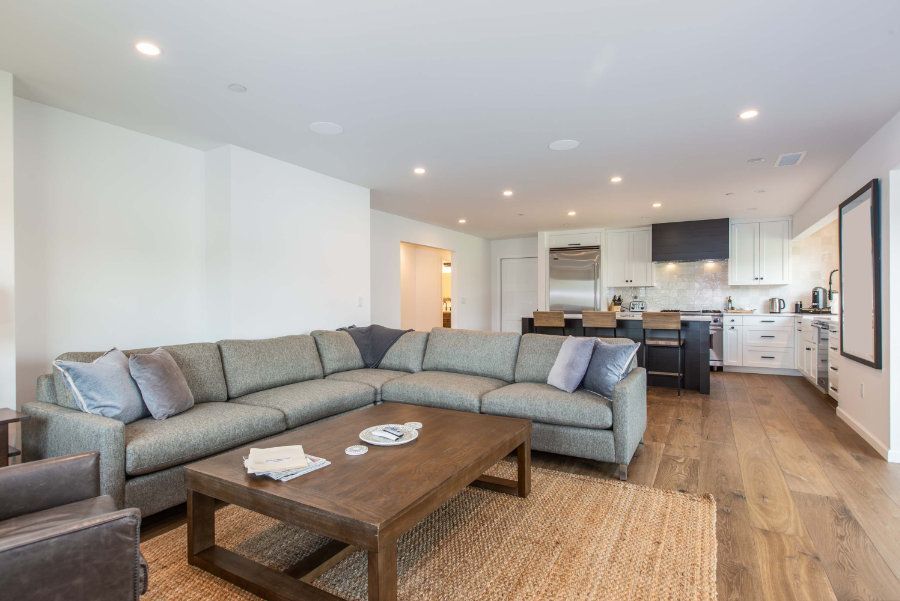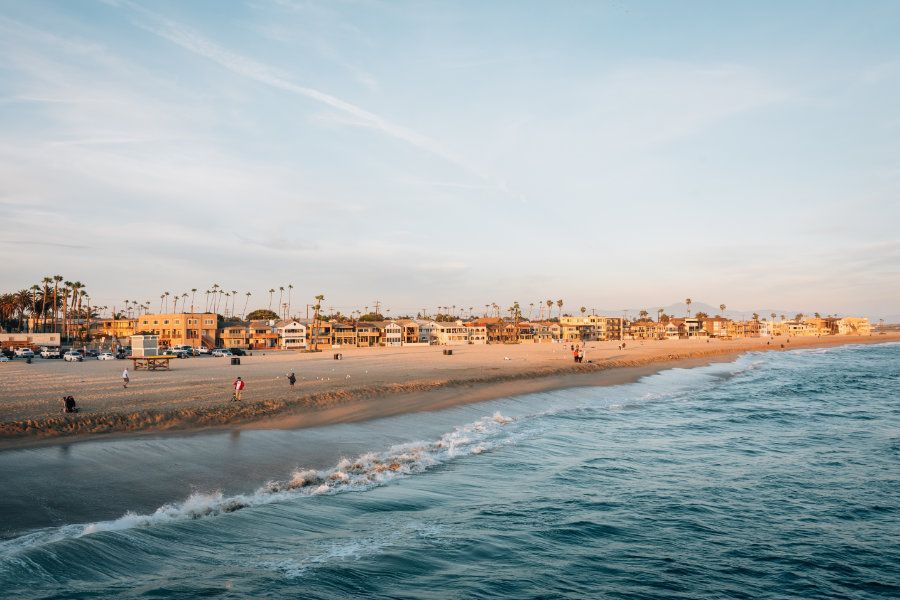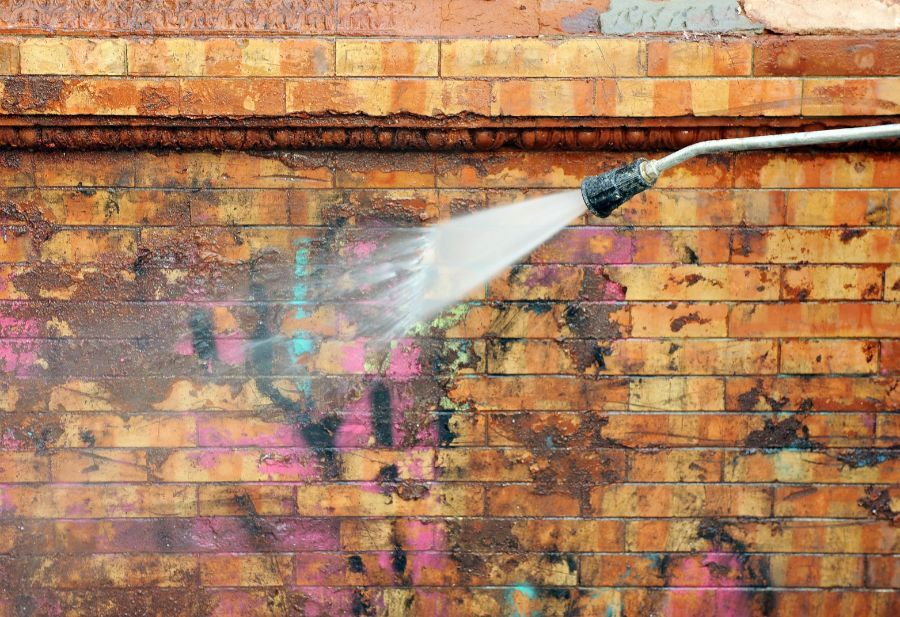8 Common Questions a Landlord Should be Prepared to Answer
Dustin Edwards • October 20, 2021
Give Your Tenants Confidence with Essential Information

When new tenants move in, chances are they may have several questions for their landlord. While some of these questions are obvious, there are others that landlords may not consider ahead of time. These questions can catch landlords off guard, as they may not have a prepared answer on the tip of their tongue.
To help remedy this disconnect, here are eight questions new tenants may ask about your Long Beach rental, and sufficient ways to answer them.
“Is the security deposit refundable?”
California rental agreements cannot specify that a security deposit is non-refundable. As such, landlords have twenty-one days after a tenant moves out to either return the security deposit in full or provide a written letter explaining to the tenant why they are keeping the security deposit (such as unpaid rent or repairs). However, the security deposit can only go toward repairs on damages caused by the tenants, not repairs on accidental damages or general wear and tear.
For more information surrounding security deposits, we invite you to check out the California Courts website.
“When is rent due?”
For first-time tenants who are unfamiliar with rental properties, this is a perfectly natural question. While the answer will differ from landlord to landlord, most California rental agreements stipulate that rent is due on the first of the month or within the first five days of the month.
“Are there periods where the rent doesn’t go up?”
In Long Beach landlords can only raise rent once a year. Thus, your tenants will only face rental increases annually (or less depending on your personal discretion).
Effectively raising rent can be tricky for a landlord, but understanding the legality behind it can alleviate the process. Keep in mind there are limits on the amount that rent can be raised in Long Beach. You may read state law AB-1482 for additional details on how the rental increase may be handled. Long Beach has interpreted this law to cap rental increases at a maximum of 8.6%.
“What is included in the rent?”
Typically, rent includes water, sewer, and trash services, parking, and extra amenities (such as pool or gym fees for an apartment complex). Sometimes, water, sewer, and/or trash services will be billed to your tenants separately by the provider. Additionally, electricity, natural gas, internet, and cable TV services are not included in rent and will be billed to your tenants separately by the provider.
Rent also does not usually include renter’s insurance or furnishings (unless your Long Beach rental is a furnished apartment).
That being said, all these factors are specific to your property and, as such, you will need to provide a complete and thorough outline of what is included in your rent.
“What happens if I can’t pay my rent?”
In response to the COVID-19 pandemic, California Governor Gavin Newsom signed an eviction moratorium
currently in effect until September 30, 2021. Therefore, California law protects tenants from eviction until the aforementioned date, if they provide their landlord with a signed declaration within fifteen days of receiving a rental notice and pay 25% of all rent due from September 2020 through September 2021 by September 30, 2021.
Once that day rolls around, landlords can sue tenants who owe any unpaid rent. To combat this, tenants can apply to the CA COVID-19 Rent Relief, which may cover 100% of past-due rent. This protection lasts until March 31, 2022. Landlords cannot evict tenants who have applied to the CA COVID-19 Rent Relief
and are awaiting a response.
For more information surrounding California eviction protections regarding the COVID-19 pandemic, we invite you to check out the California COVID-19 resource website.
Prior to the COVID-19 pandemic, landlords needed to provide tenants with a three-day notice to pay rent. If tenants did not pay rent within those three days, then landlords could file an eviction lawsuit.
Following eviction, the tenant’s security deposit could cover unpaid rent.
“How long is the lease term?”
In California, standard lease terms cannot be longer than one year and can be as short as six months or even thirty days. The terms of the lease should be outlined in writing to remove any chance of he said, she said disputes.
Lease terms can be longer than one year if tenants and landlords reach an agreement in writing.
“Should I give notice if I am going on vacation?”
For any vacation, tenants should alert their landlord of an impending absence. That way, the landlord is aware that their property is vacant and they can periodically check on it.
Depending on the details of the lease, landlords may require their tenants to pay their rent early for a vacation that spans a month or longer.
“Is a pet deposit required?”
Pet deposits are a legal additional security deposit in California that can protect your Long Beach rental from any damages caused specifically by tenants’ pets.
The price of pet deposits can vary based on the tenants’ amount of pets, their breeds, their sizes, etc. Prices may be higher for certain breeds that are more active or prone to destructive behavior.
Similar to security deposits, pet deposits are refundable and can be returned to tenants in the same way as security deposits.
These are just some of the many questions tenants may ask when moving into your Long Beach rental. If you would like to discuss further questions tenants may ask and the best ways to approach them, we invite you to call us today at (562) 888-0247, or you can fill out our Owner Application online.





